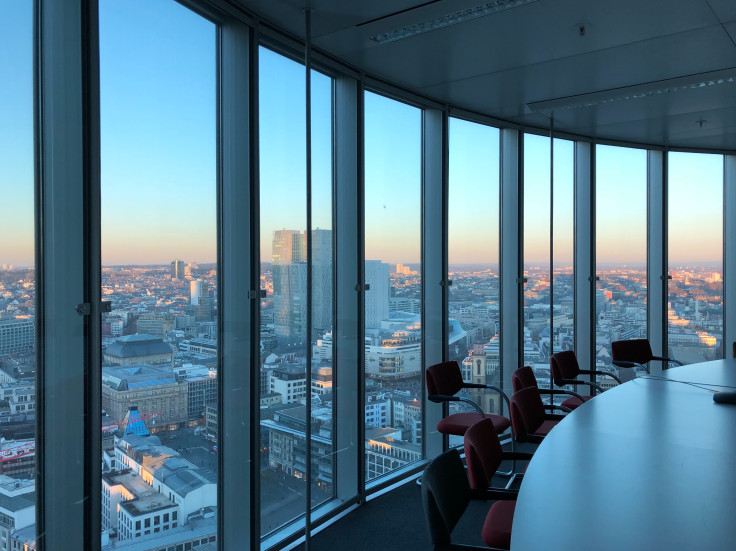Noisy offices in London have detrimental effects on employees, study reveals
Oscar Acoustics' study reveals the negative impact of noisy and disruptive offices as London employees opt to work remotely due to excessive noise.

A recent study conducted by Oscar Acoustics, a renowned company specialising in exquisite acoustic finishes, has shed light on the detrimental effects of noisy and disruptive offices on employees in London.
The comprehensive research reveals a startling trend where the prevalence of excessive noise is driving employees to seek solace in the comfort of their homes, opting to work remotely more frequently. Shockingly, the report indicates that a staggering 15 per cent of employees feel their employers do not take the issue of excessive noise seriously, leading to profound consequences.
The survey, which encompassed 440 office workers from various industries and businesses of different sizes, has unravelled the negative impacts of excessive noise in the workplace. Astonishingly, 11 per cent of white-collar professionals admitted to feeling compelled to resign from their positions entirely due to the intolerable noise levels.
Furthermore, a quarter, 25 per cent, of respondents reported filing formal complaints against noisy colleagues, highlighting the significant impact of noise on employee satisfaction and morale.
The poll revealed an alarming statistic — nearly one in six workers believe that their employers fail to acknowledge the problem of excessive noise seriously. It further exposes the disheartening fact that only 5 per cent of employees are fortunate enough to work in peaceful office environments, exacerbating the issue at hand.
Among the respondents, nearly two-fifths (37%) confessed to experiencing difficulty in focusing amidst noisy surroundings, with 16 per cent claiming that chronic noise levels hindered their ability to meet deadlines. Moreover, over one in six workers acknowledged producing subpar work as a result of noise's disruptive influence, leading to a decline in workflow efficiency and productivity.
However, the negative repercussions of excessive noise extend beyond diminished productivity. The study shockingly revealed that 23 per cent of workers have suffered from hearing loss as a direct consequence of the deafening environment they endure daily.
Additionally, a staggering 30 per cent reported elevated stress levels attributed to the fast-paced nature of work in the bustling city. More alarmingly, over a quarter of employees confessed to either working late into the night or commencing work early in a desperate bid to maintain productivity.
Regrettably, when asked about the measures taken by employers to address this pressing issue, 18 per cent of employees revealed that no steps have been implemented thus far. Conversely, 39 per cent acknowledged their bosses' commendable decisions, such as the establishment of quiet areas to foster focused work.
These findings underscore the urgency for companies to tackle the problem of excessive noise in the workplace to enhance productivity and safeguard their employees' well-being. The study, a subsection of a comprehensive whitepaper published by Oscar Acoustics, aims to advocate for acoustic health in workplace design right from the outset.
Ben Hancock, Managing Director of Oscar Acoustics, emphasises that the critical issue of noise in our workplaces has been woefully overlooked for far too long, despite its evident effects. As discussions surrounding hybrid working arrangements gain traction, the long-term consequences on employee health, productivity, and work quality have finally come to the forefront of concerns.
Hancock underscores that providing an environment where employees can thrive and feel comfortable is paramount to enticing them back to the workplace. Resolving the issue of excessive noise, he asserts, should be at the forefront of employers' priorities, considering the current emphasis on health and wellness.
Furthermore, Hancock emphasises that acoustically balanced offices play a crucial role in reducing stress and fostering a happy and productive staff. He suggests that specially formulated acoustic sprays offer the most effective means of mitigating the adverse effects of dangerous noise levels.
© Copyright IBTimes 2025. All rights reserved.






















